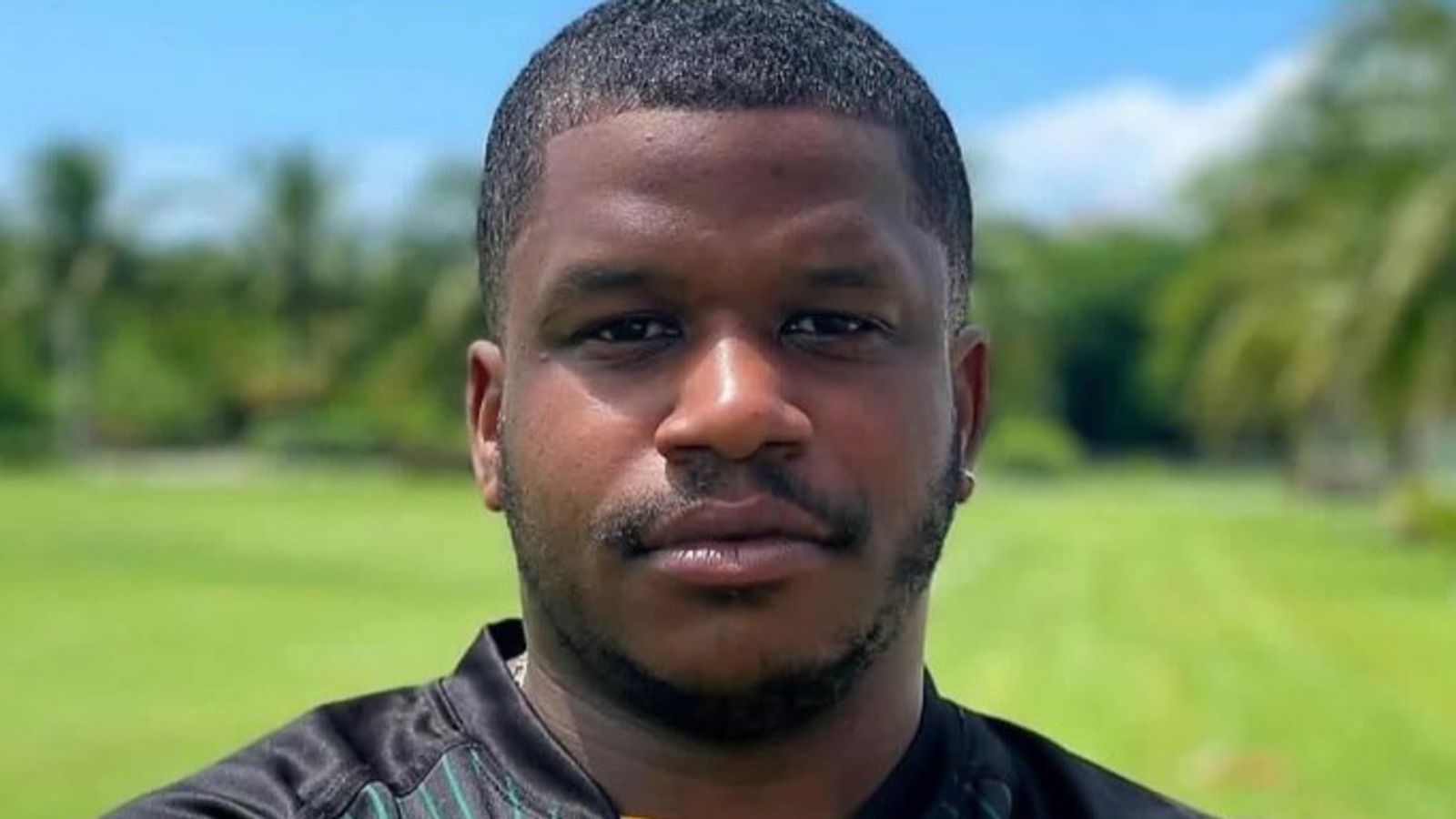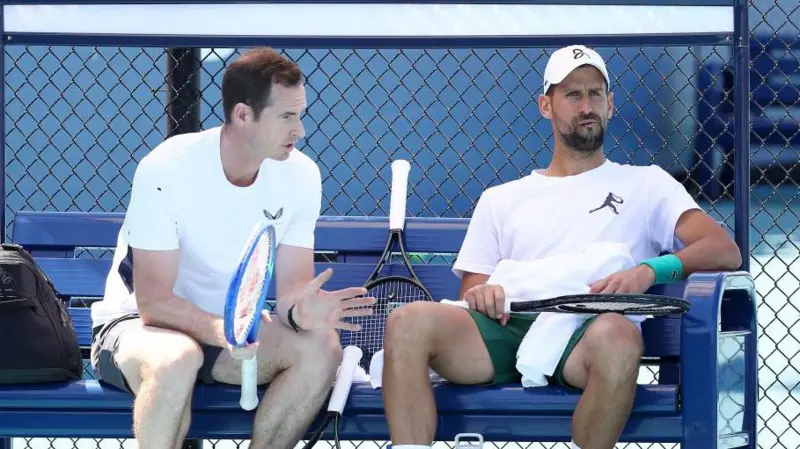Women drivers race to break Formula 1’s male monopoly
With nearly half of Formula 1 fans now female, new initiatives aim to get women into the driving seat.

As the Formula 1 season kicks off this weekend in Bahrain in front of a sell-out crowd, fans can expect to see blistering speeds, squealing tyres, sliding fast corners and daring overtaking.
What they won’t see is a female driver.
There has not been a woman driver in a Formula 1 race for more than 40 years. But that could be about to change.
With about 40 percent of F1 fans now female, the motorsport industry is making a concerted effort to ensure that at least one of the 20 drivers on the grid is female.
Formula 1 has put its clout behind the F1 Academy. On Wednesday, the organisation announced that the initiative for women drivers will be headed by Susie Wolff, former driver and wife of Toto Wolff, the CEO of the Mercedes-AMG Petronas F1 team.
The F1 Academy will subsidise the budgets for 15 women who drive for five teams.
Another initiative is More Than Equal, a non-profit launched in June with the sole purpose of putting a woman on the podium.
More Than Equal will scout the world for talented young female drivers and then nurture them to success.
Founder Kate Beavan rejects the notion that women lack the strength to compete.
“Seventy-five women have been to space with all of its physical challenges, G-forces, with its technical challenges of understanding the technology behind it, and it is a highly competitive environment as a programme to get in to,” Beavan, a longtime Formula 1 executive, told Al Jazeera.
No rules prevent women from competing in Formula 1 but the pipeline of young female drivers is a trickle and they face additional hurdles, including a lack of confidence.
“I always doubted myself. I never thought I could be there beating the guys. I think I definitely had a bit of intimidation or impostor syndrome which perhaps did stem from that,” said Jamie Chadwick, a driver for Williams Academy and three-time winner of the W Series, specifically for women drivers.
She said the confidence eventually came with “time, getting older in the sport, having great opportunities and great people supporting me and those opportunities have helped. But, honestly, it’s only come recently, in the last five or six years,” said the 24-year-old, who is now driving in the INDY NXT series in the United States.
Speaking to Al Jazeera at the Williams headquarters in Wantage, England, surrounded by dozens of F1 cars, Chadwick said her dream is “ultimately Formula 1”.
Another young driver with dreams of Formula 1 is Macie Hitter.
The 15-year-old has raced go-karts since she was eight, winning countless races and amassing a glittering collection of trophies on display at her home in Griston, England.
The schoolgirl doesn’t go to parties or shop with friends. For the last seven years, Hitter has been in the gym or on the track preparing for the next race. On race day, she’s faced an extra stumbling block – being female.
“When women come to the track the boys are very confused about why they are here because it’s a very male-dominated sport. When you arrive they’re like ‘is that a girl there?’ A lot of them do not want to be beaten by a girl. So, I’ve had some challenging weekends being taken off [the track],” she told Al Jazeera.
“But the more experience you get and the more you’re with the boys they realise you are there and they start to race with you, but it’s been tough.”
The day Al Jazeera watched Hitter on a go-kart track in northern England, she was the fastest by far, topping 120km (74.5 miles) per hour in a machine just centimetres off the asphalt.
Despite a successful go-karting career, Hitter has struggled to find sponsorship – which is critical to make the step up to cars. Sponsors want to back winners and women aren’t seen on the podium.
“You don’t see a woman in F1 right now so I would say it is more difficult for a woman to get [sponsorship] but I am hoping that it is going to start becoming more frequent,’’ Hitter said.
Hitter may be a driver in the sights of More Than Equal.
Beavan said the organisation is doing research into why women drivers aren’t making it to Formula 1, or even F2, F3 or F4 where only a handful of women race. Once More Than Equal has the data, it will scout for talent.
Despite fans’ enthusiasm for a mixed grid, those involved in making it happen estimate it will be eight to nine years before a Formula 1 race includes a female driver.
“A very small proportion of the racing drivers in the world are female and we need to find where they are, what they are racing in, identify their racing abilities and pluck them and then develop their skills – whether that is physical, mental, race craft – and help drive them all the way up to Formula 1,” Beavan said on a grey day at Silverstone, home of the British Grand Prix.
Tickets to this season’s Grand Prix at Silverstone in July sold out in record time. Audiences for Formula 1 have skyrocketed in the last three years, thanks in no small part to the Netflix series Formula 1: Drive to Survive – a runaway hit during lockdown. That’s how Isabella Vittoria, 27, got hooked.
Vittoria, a marketing executive at Bumble, the online dating app, is a typical new fan: young, female, and engaging with Formula 1 on social media. Ahead of her upcoming marriage, she is celebrating her bachelorette party at the Barcelona Grand Prix with her sister, Alexa, and five female friends.
“I would love to see a woman driver in F1. It’s such a male-dominated sport, not just for the drivers, but also for the teams behind the scenes,” Vittoria said.
“I would love to see what a woman driver brings to the on-track dynamic.”
-al jazeera







